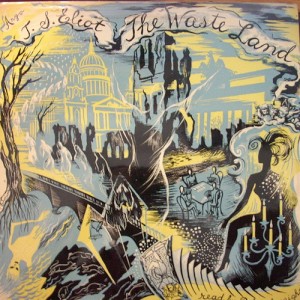Two Poets of Such Powerful Spirit
·
Death is a part of life, but there is no greater tragedy than needless death and needless suffering, brought about by human ignorance; life is precious and should allow for the fulfillment of the individual if at all possible. With the tragedies of the past not yet satiating humanity’s willingness to engage in warfare, will this Great War do so? There are so many lessons that may be learned.
These young men, Siegfried Sassoon and Wilfred Owen, have seen so much and are so wise beyond their years, wise in the knowledge perhaps no man should be. I visit those of poetic inclinations especially, and I am drawn to their spirits, their deeper search for meaning becoming clear when faced with that which is beyond meaning. Owen describes in his poem “Dulce Et Decorum Est” the change that comes over these young men forced to toil in terrible fear and suffering. They feel pain, but their senses tuned to any possibility of a beautiful experience have been dulled, “all blind, drunk with fatigue.” This does not, however, allow for them to forget the deaths and pointless violence they have seen; all the more reason for Owen to urge for the truth, not to influence the young in favor of this violence. I can tell you, this is not “glory.”
Sassoon makes a point upon which I would like to elaborate; in his poem “They”, he creates a portrayal of a man, not of God, but of ignorance. When these men of God forget their purpose, when they betray the trust of those they are meant to lead, when they are closed to the needs of the fearful, they do wrong. To add “’The ways of God are strange!’” is not a proper answer to the issues at hand, and is not a proper use of a reference to such power; there can be no further discussion with such a finality of expression. Siegfried Sassoon clearly has had experiences which have made him question the arguments of those who are in positions which are meant to help. While that which is beyond humanity is certainly not easily contemplated, this war, these deaths, are allowed by human beings. These poets simply ask others to ponder the events taking place for what they are; tragedy and meaningless pain. But some people tell their truths; in what ways have these poets been able to express the truth more poignantly than the man Marlow, whom we met before?
